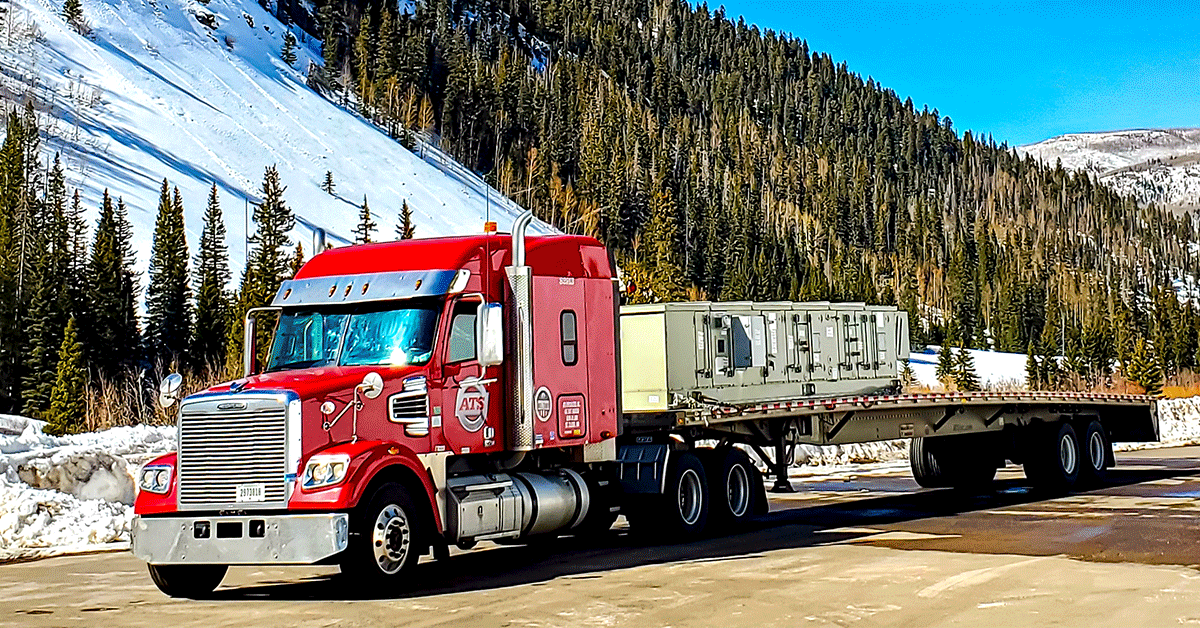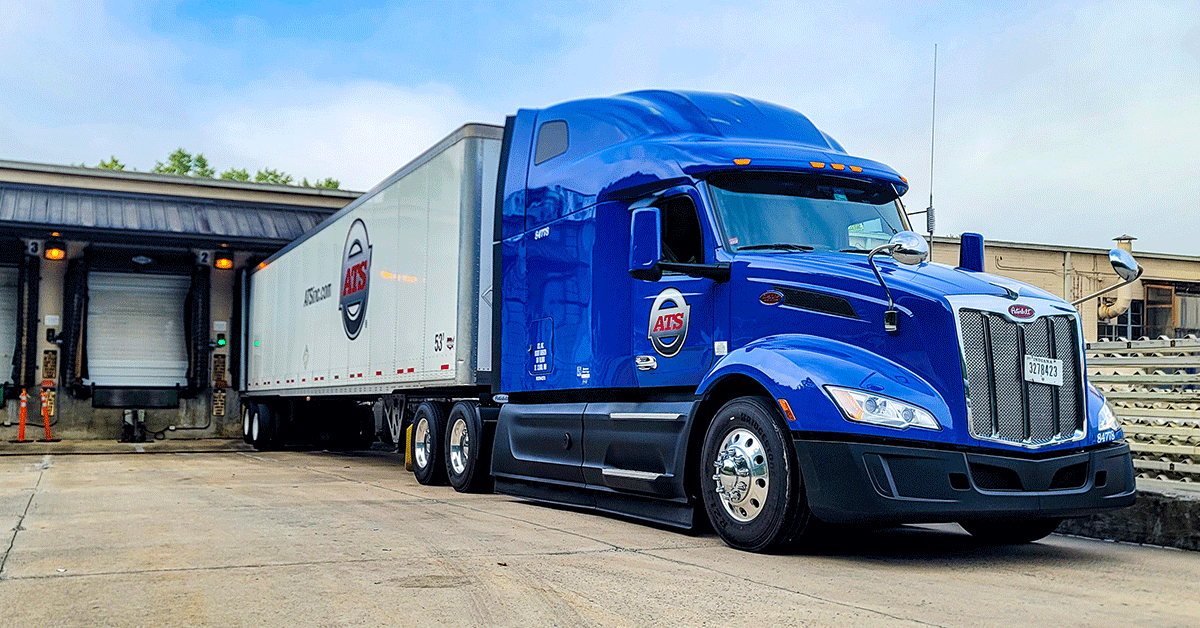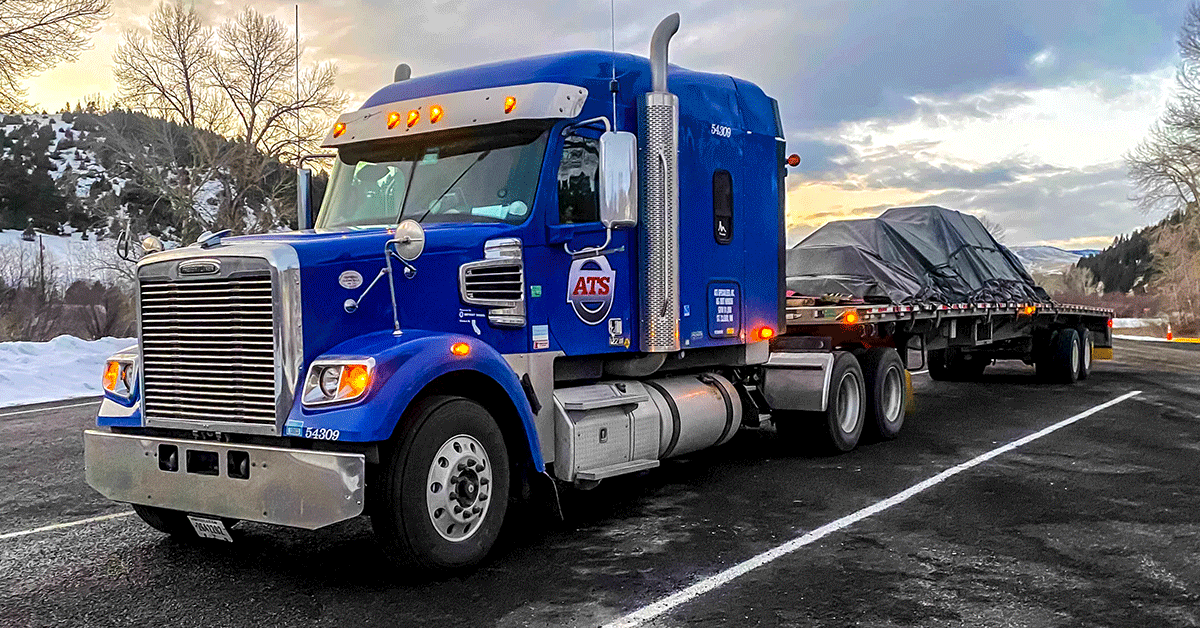
There are a vast array of surcharges in the trucking industry. Commonly referred to as “accessorial” charges, these fees are meant to compensate trucking companies for any extra work they do — or inconvenience they experience — while fulfilling a shipper’s service order.
As a company with freight shipping needs, you're probably familiar with some of these ancillary fees. Whether it's a detention charge, a tarping fee or a stop charge (for those multi-stop loads), accessorials have likely impacted your freight at one point or another.
Layover fees are one of the more common trucking industry surcharges as they can, realistically, pop up on any shipment — regardless of size, commodity, time or location.
If you haven’t paid a layover fee already, there’s a good chance you will eventually. Since handling your company’s transportation budget is a crucial piece of your job, it’s important to understand all of the factors impacting the rates you pay. Layover fees, in some circumstances, will be one such factor.
Here at Anderson Trucking Service (ATS), each of our operating divisions charges layover fees when it makes sense to do so. While layover is never convenient for either party, it can also be avoided with the right planning and processes in place.
In this article, you’ll learn four things:
- What layover fees are
- What layover typically costs
- What the purpose of a layover fee is
- How you can avoid layover fees going forward
It can be really inconvenient when you receive an invoice that’s higher than you thought it’d be due to a layover charge. Avoid confusion when this happens and take steps to steer clear of layover fees entirely using the insights below.
What is a Layover Fee?
Layover fees are accessorial surcharges billed to a company by its transportation provider. These charges are levied when a truck driver is forced to wait at a pickup or drop-off location for an extended period. Usually, layovers are necessary when a driver can’t pick up/drop off freight on the day they arrive at a location and instead are asked to wait overnight to meet a subsequent delivery/pickup time.
As a general rule of thumb, layover fees are used whenever a driver’s wait extends beyond what detention can reasonably cover — at the discretion of the trucking company.
What Does a Layover Fee Typically Cost?
Layover fees range in price depending on the situation. That said, when necessary, expect to pay no less than $250-$300 for a layover. This $250-$300 widely applies to standard dry van and flatbed freight shipments.
However, for heavy haul or more complex shipments — where a driver’s time and the equipment used is more specialized (leading to higher demand) — layover fees range from $500-$1,000 per day.

What is the Purpose of Layover Fees?
Layover fees are a reality in the transportation industry for good reason: Trucking companies and their drivers need to be compensated for the time and resources they commit to your supply chain.
Realistically, trucking companies — regardless of their size — are rental companies; they only make money by dedicating their equipment and drivers to shippers. If these assets aren’t productive, it’s difficult for a carrier to make ends meet; there are several fixed costs it must attend to.
That’s why, when a trucker shows up to an appointment (pickup, drop-off or otherwise), it’s crucial that they’re unloaded in a timely manner. Transportation companies allocate a driver’s time to a shipper with the assumption that hauling their freight won’t impact that truck’s efficiency.
However, should a prolonged pickup or drop-off occur — preventing that driver from maximizing their hours of service — transportation companies must be compensated for that driver’s time (even if it’s spent waiting). Layover fees are this compensation.
How Can You Avoid Layover Fees?
Although they’re a pretty common accessorial, and necessary in some circumstances (compensating transportation companies for revenue loss), layover fees can be avoided. Over time, consistently paying for layovers can exhaust your budget.
Here are three things you can control to help you avoid layover fees in the future:
- Create systems to promote communication
- Have well-defined timelines for production and transport
- Expedite your loading/offloading procedures
1) Create Systems That Promote Communication
Communication is the key to every relationship. The relationship(s) you hold with your transportation providers is no different. Unfortunately, sometimes essential shipment details get lost in translation between a shipper and their provider.
This is often a reason layovers occur; a transportation company doesn’t find out (with enough warning) that a loading facility/yard is running behind. In turn, it ends up being too late for a carrier to make alternative plans, forcing a driver to layover at a location until their loading/offloading occurs.
To avoid this mishap, work to create systems for clear and quick communication between your company and the provider(s) you use. Agree as to how key details (and last-second changes) will be communicated and work to optimize these processes over time. Getting on the same page with your providers, and staying there, will help you avoid layover fees.

2) Have Well-Defined Timelines For Production and Transport
Layover fees can occur for a variety of reasons. That said, whenever production/output expectations aren’t met, the transportation arranged for those products/materials is left in the lurch.
For example, if a company expects to have a full truckload of palletized durable goods ready for distribution on Tuesday but (for one reason or another) these products aren’t ready until Wednesday, the dry van arranged to pick them up will have to layover in the interim.
These can be tricky situations to predict. However, to the best of your ability, try to marry your production cycles with your inbound trucks — and communicate these timelines to your transportation provider so they can plan accordingly.
3. Expedite Your Loading/Offloading Procedures
The third way you can avoid layover fees in the future is to take steps to expedite your loading/unloading procedures. That way, when trucks show up at a pickup/drop location they can quickly get loaded/unloaded, helping you to avoid detention and layover charges.
While the tactic(s) you use to expedite things should reflect your company’s goals and capabilities, here are some examples to consider:
- Stage products based on truck arrival order.
- Hire extra full-time workers to help with loading/unloading
- Hire part-time staff to help with loading/unloading during peak seasons
Avoid Layovers by Improving Your Supply Chain Efficiency
Now you understand that layovers are accessorial surcharges levied by transportation companies to compensate drivers for lost revenue and efficiency caused by a significant delay at a pickup/drop location. Over time, these fees can add up, leaving a lasting impression on your transportation budget.
That said, there are several ways to avoid layovers, including:
- Properly communicating with your carriers
- Thoroughly understanding your business’ production velocity and transportation requirements
- Expediting your loading/offloading processes
At the end of the day, keeping your supply chain running smoothly will save you time, money and heartache. And, though shipping is complicated, we’re here to make it less so. That way you look good in front of your customers.
Here are five tips for gaining efficiencies in your transportation supply chain. With them in place, you’ll never have to worry about layover charges again.
Finally, if you have any questions about layover fees or any other transportation-industry topic, don’t hesitate to reach out here.
We’re always happy to help you on your way to becoming the supplier that always delivers for its customers.




